“The slogan I was hearing here was, ‘Hopefully It’ll Work,’” said Lompoc Mayor Jim Mosby impishly, as he experimented with catchphrases that would persuade commuters to get out of their cars and take the train instead. The previous attempt to create commuter rail had flamed out, but the members of SBCAG (Santa Barbara County Association of Governments) were voting on a second try this Thursday. It would cost $4.4 million a year and earn perhaps $500,000 in fares from a hoped-for 200 riders a day.
Mosby went on to thank SBCAG’s director, Marjie Kirn, for coming up with a better tagline — “‘Just Try It!’” said Mosby with a grin — a motto that might soon promote the new Metrolink service proposed to leave Ventura at 7:12 a.m. and to pull up to the Santa Barbara station at 7:51 a.m. It’s currently scheduled to begin this October.

SBCAG has been working on a commuter train for about 15 years. The attempt in 2018 to introduce commuter rail — plagued with a 4 a.m. start time out of Los Angeles Union Station and frequent delays to allow southbound trains to pass on the region’s single set of tracks — was just over a year old when the pandemic hit. Sharing the air aboard public transit became scary, and anyone who could began to work from home. That service was canceled after ridership plummeted. Since then, the heavy commuter traffic between Ventura and Santa Barbara counties has only been alleviated by bus service.
The new service uses a Metrolink train, a more flexible service that will start in Moorpark at 6:38 a.m., avoiding the earlier L.A. start time and rail traffic, said Aaron Bonfilio, SBCAG’s Director of Multimodal Programs. The afternoon returns will be the existing Amtrak trains that leave Goleta at 4:25 p.m. and 6:30 p.m.
Metrolink is Los Angeles’s commuter rail that currently reaches Ventura. It adds a new transit agency to a complicated mix. The 350 miles of railroad tracks along Southern California’s coastline belong to Union Pacific, which moves heavy loads of freight, and passenger trains are allowed six time slots in each direction. The returning Metrolink would leave Goleta at 10:35 a.m. on its southbound route, to arrive at Union Station at 1:30 p.m.

As many as 11,000 commuters drive to Santa Barbara daily from Ventura County, according to an SBCAG study in 2024. They all have different schedules. For instance, Cottage Hospital, one of the largest employers in Santa Barbara County, had 12-hour shifts and ran a vanpool for its workers’ commute. The largest employer, UC Santa Barbara, tended to have a start time of 7:30 a.m.
Bonfilio noted that many employers allowed their workers to clock in the time they spent working productively during a bus or train commute. As in the previous iteration, they were working to make a single ticket be good for both train and bus services to give commuters more time options.
With regard to ticket prices, Bonfilio said that 2018’s ticketing had started at $5 each way in order to jumpstart ridership. They were looking to state funding to subsidize a $10 ticket per day and perhaps free rides for new riders. (The current round-trip ticket between Ventura and Santa Barbara is $34, though bicycles ride free.) Matches may be available to commuters through large employers, who could buy tickets in bulk to reduce the costs of commuting on a daily basis.
The take on the new train was positive among South County representatives. County Supervisor Laura Capps commented that about one-third of the county’s employees commuted, offering to help get the word out even before the rail service began.
The large assembly of SBCAG members — all the city mayors and the county supervisors — voted unanimously to fund the one-year pilot program, which would expand to three years if funding continued. The remaining details to be ironed out before the October rollout — remaining negotiations with all the transportation parties, a pilot program agreement, legal review, crew training, mobilizing the rolling stock, and promoting the new service — would cost about $450,000, to be shared equally between SBCAG and the Ventura County Transportation Commission, which was kicking in for the first time.
SBCAG’s funding comes from South County’s portion of Measure A sales tax, which it has been stockpiling since 2010. The slogan “A Lane and a Train” was used to sell Measure A’s 0.5 percent tax, which passed in 2008 by 79 percent of the vote, to add a highway carpool lane and a train to commuter options — with carpool lanes nearing completion in a few years, train service may come to exist in the fall. In 2020, SBCAG calculated that the fund would total about $30 million by 2040, when Measure A sunsets.

Kirn talked about the successful train service she’d helped establish while at the Merced County’s association of governments. After they added a new rail line between Stockton and the Bay Area, Kirn recalled that riders testified that it was a life changer. They now refused to drive the route for their quality of life and sanity.
Acknowledging the issues of Santa Barbara’s first commuter train iteration, which was consistently late to Carpinteria, Kirn said of the approaching commuter train, “This starts in Moorpark. This train will be on time.”
Premier Events
Wed, Dec 31
9:00 PM
Santa barbara
NEW YEAR’S Wildcat Lounge
Sat, Dec 27
7:00 PM
Santa Barbara
Schnack ‘n Bari Jazz Trio at Roy
Wed, Dec 31
6:15 PM
Santa Barbara
NYE 2026 with SB Comedy Hideaway!
Wed, Dec 31
9:00 PM
Santa barbara
NEW YEAR’S Wildcat Lounge
Wed, Dec 31
10:00 PM
Santa Barbara
In Session Between Us: Vol. I NYE x Alcazar
Wed, Dec 31
10:00 PM
Santa Barbara
NYE: Disco Cowgirls & Midnight Cowboys
Thu, Jan 01
7:00 AM
Solvang
Solvang Julefest
Thu, Jan 01
11:00 AM
Santa Barbara
Santa Barbara Polar Dip 2026
Sat, Jan 03
8:00 PM
Santa Barbara
No Simple Highway- SOhO!
Sun, Jan 04
7:00 AM
Solvang
Solvang Julefest
Thu, Jan 08
6:00 PM
Isla Vista
Legal Literacy for the Community
Wed, Dec 31 9:00 PM
Santa barbara
NEW YEAR’S Wildcat Lounge
Sat, Dec 27 7:00 PM
Santa Barbara
Schnack ‘n Bari Jazz Trio at Roy
Wed, Dec 31 6:15 PM
Santa Barbara
NYE 2026 with SB Comedy Hideaway!
Wed, Dec 31 9:00 PM
Santa barbara
NEW YEAR’S Wildcat Lounge
Wed, Dec 31 10:00 PM
Santa Barbara
In Session Between Us: Vol. I NYE x Alcazar
Wed, Dec 31 10:00 PM
Santa Barbara
NYE: Disco Cowgirls & Midnight Cowboys
Thu, Jan 01 7:00 AM
Solvang
Solvang Julefest
Thu, Jan 01 11:00 AM
Santa Barbara
Santa Barbara Polar Dip 2026
Sat, Jan 03 8:00 PM
Santa Barbara
No Simple Highway- SOhO!
Sun, Jan 04 7:00 AM
Solvang
Solvang Julefest
Thu, Jan 08 6:00 PM
Isla Vista

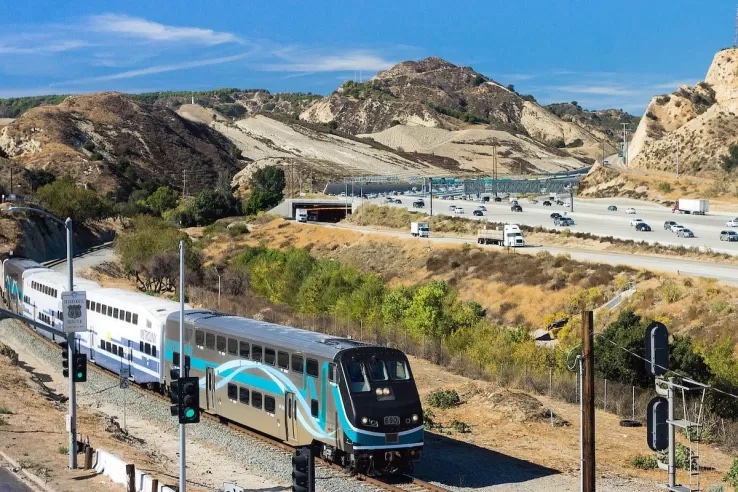

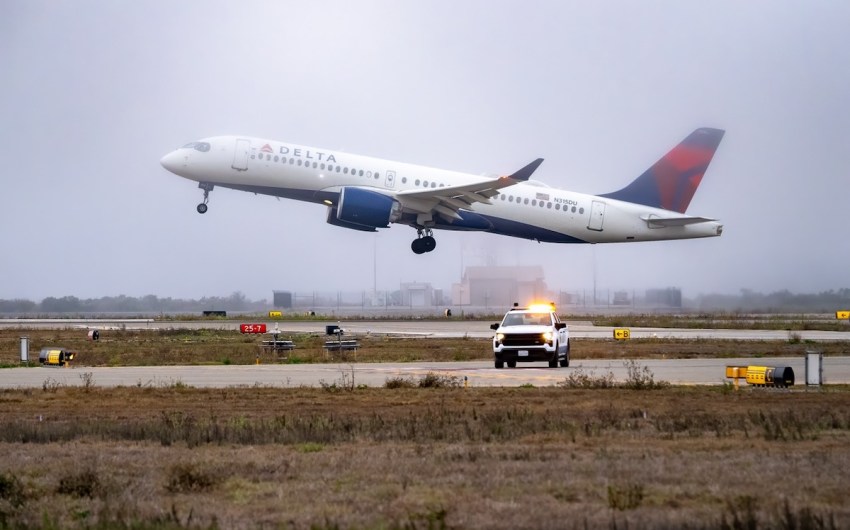

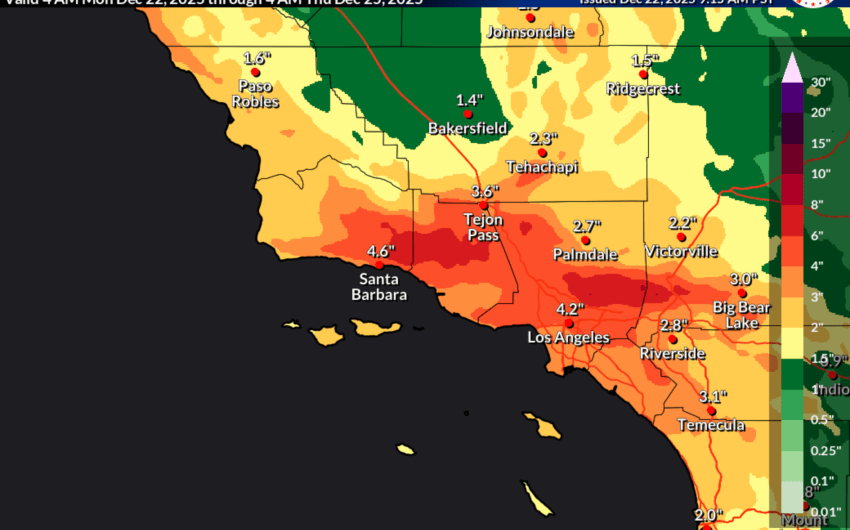


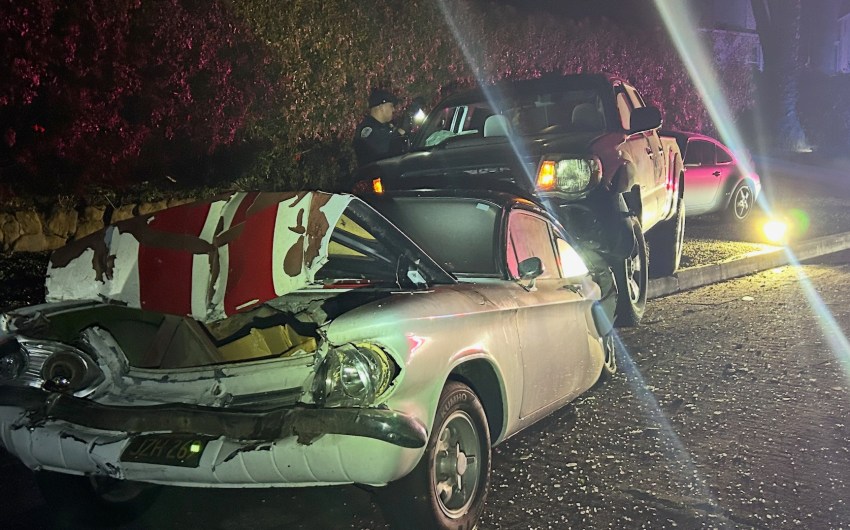
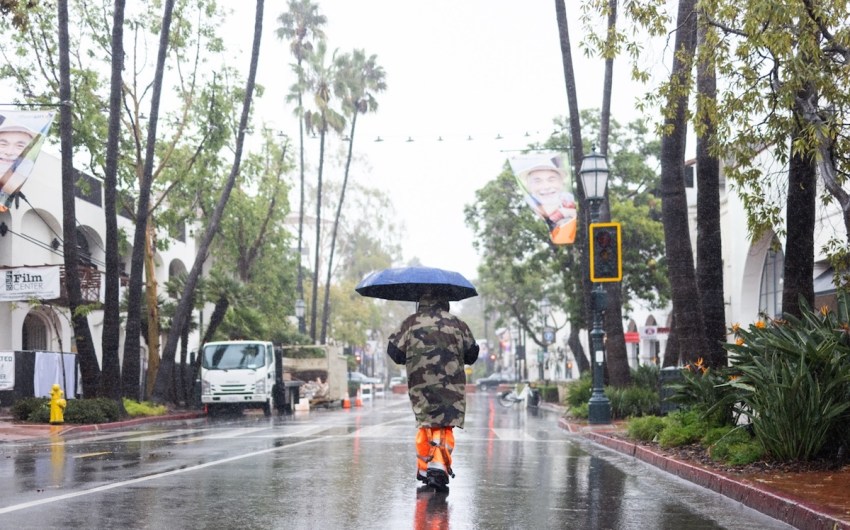
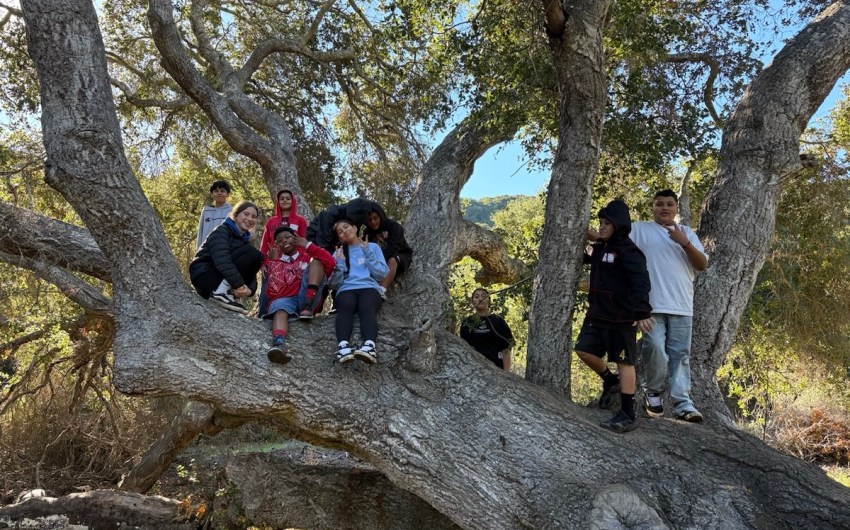


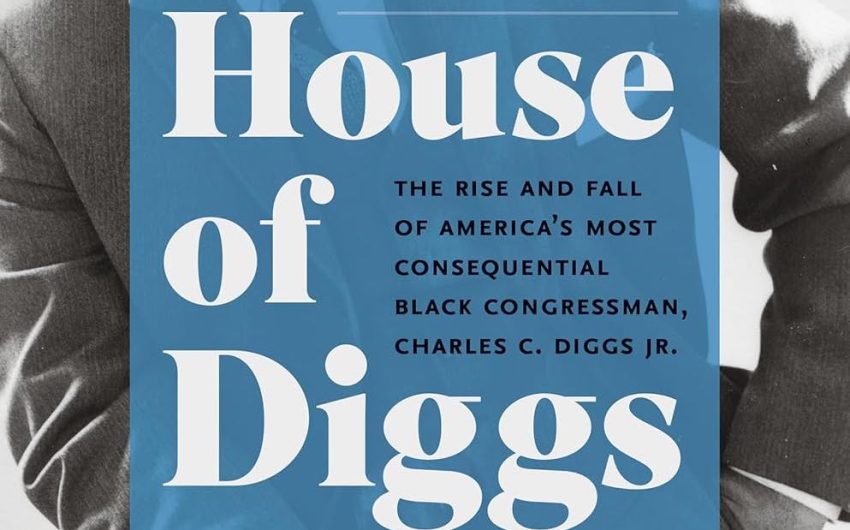


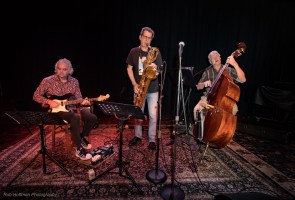



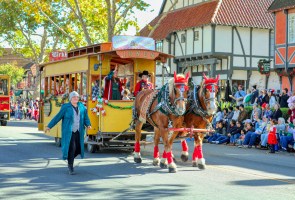



You must be logged in to post a comment.